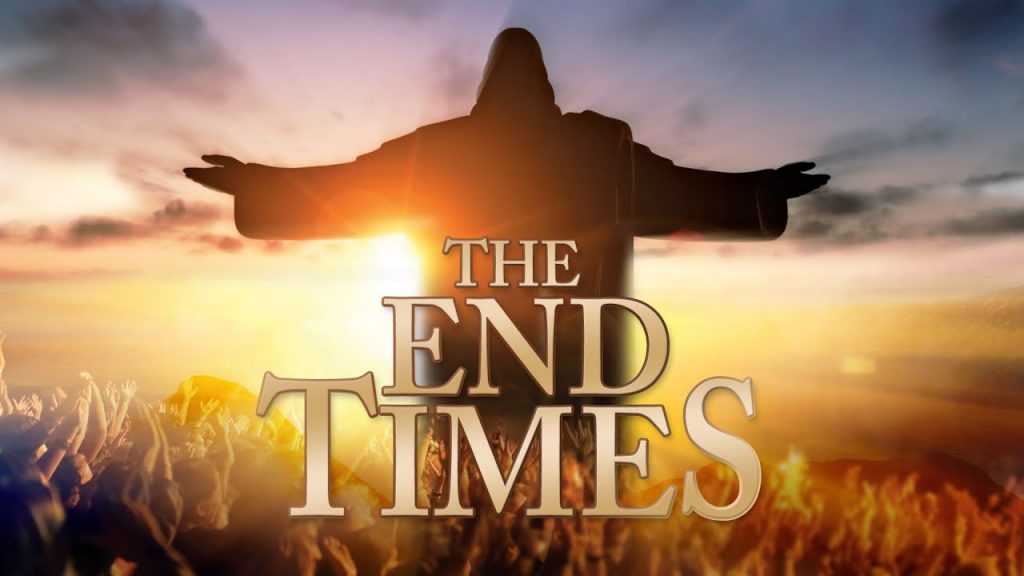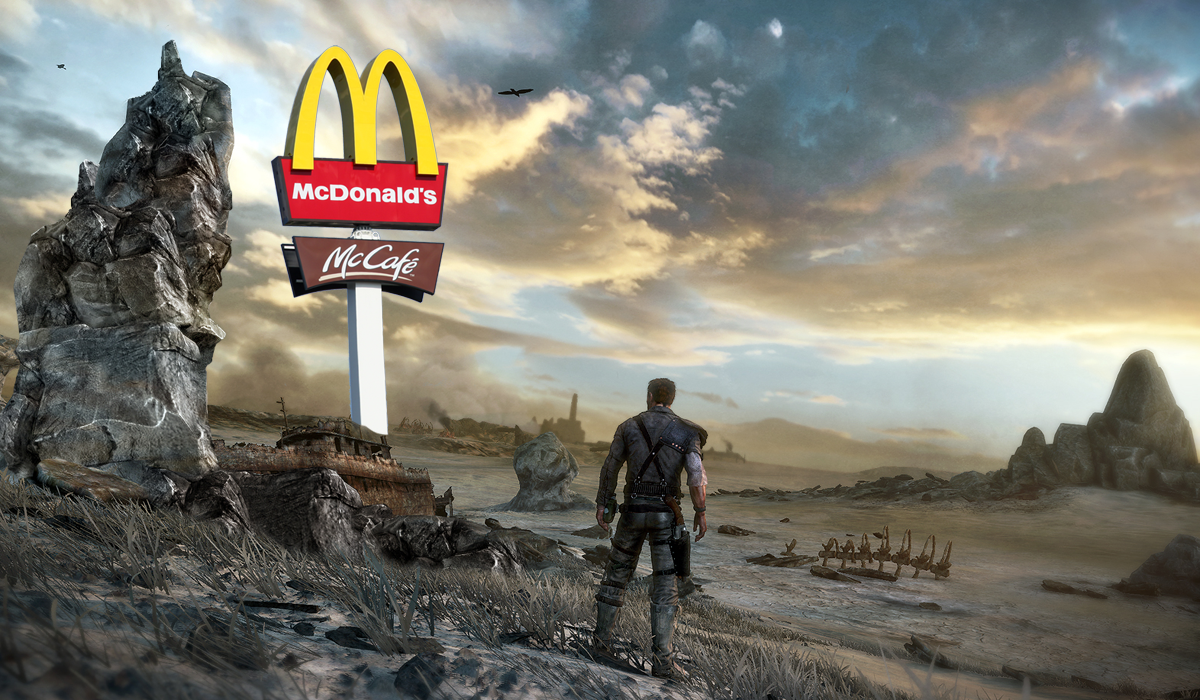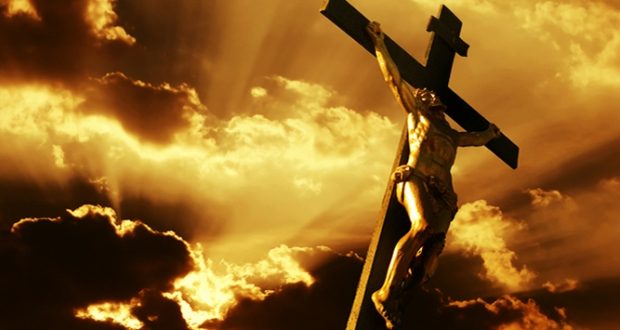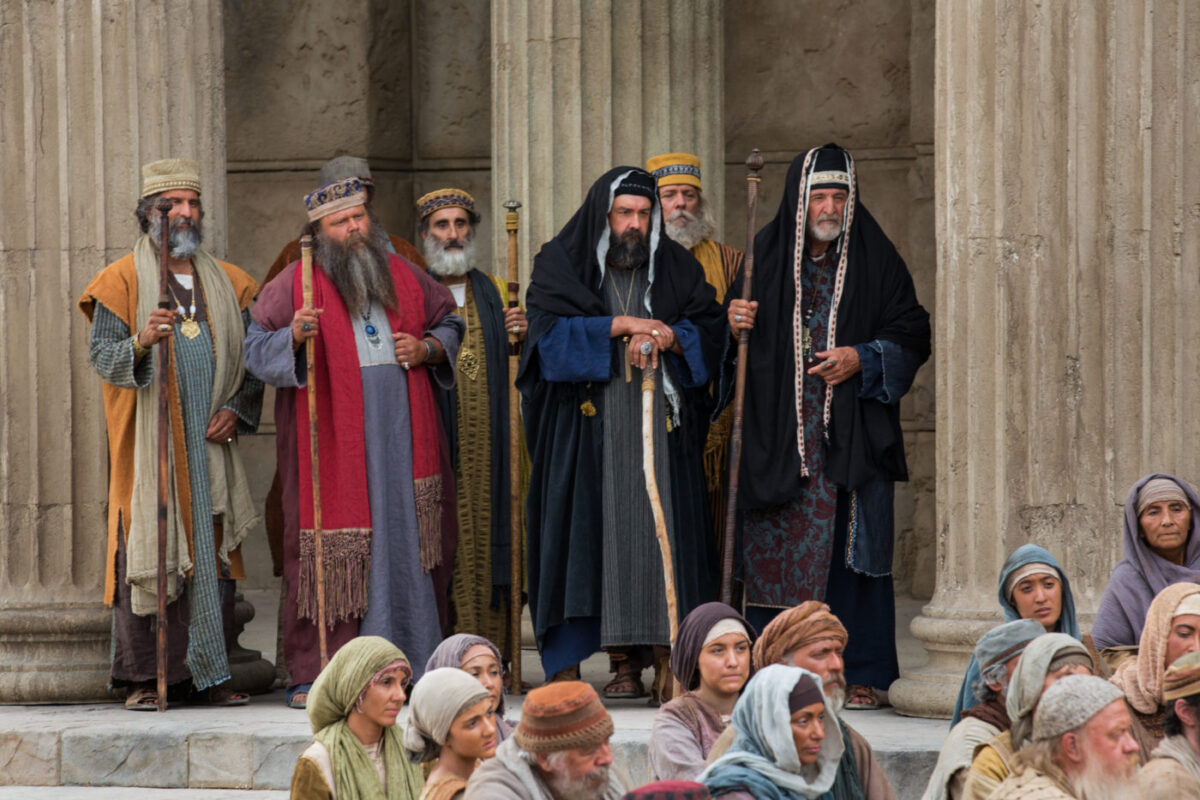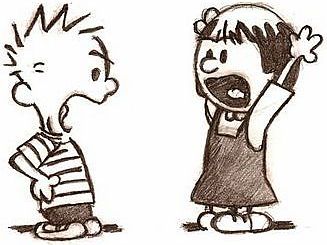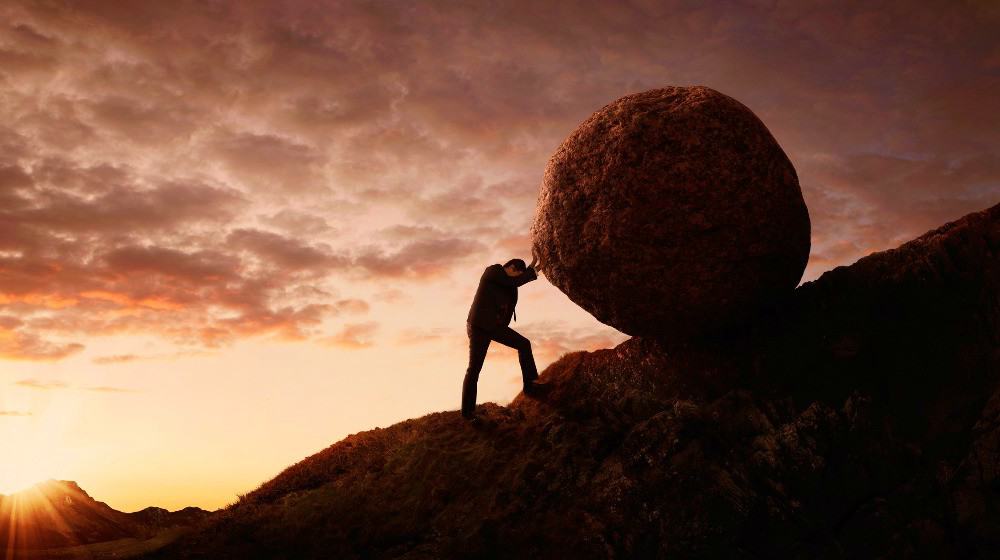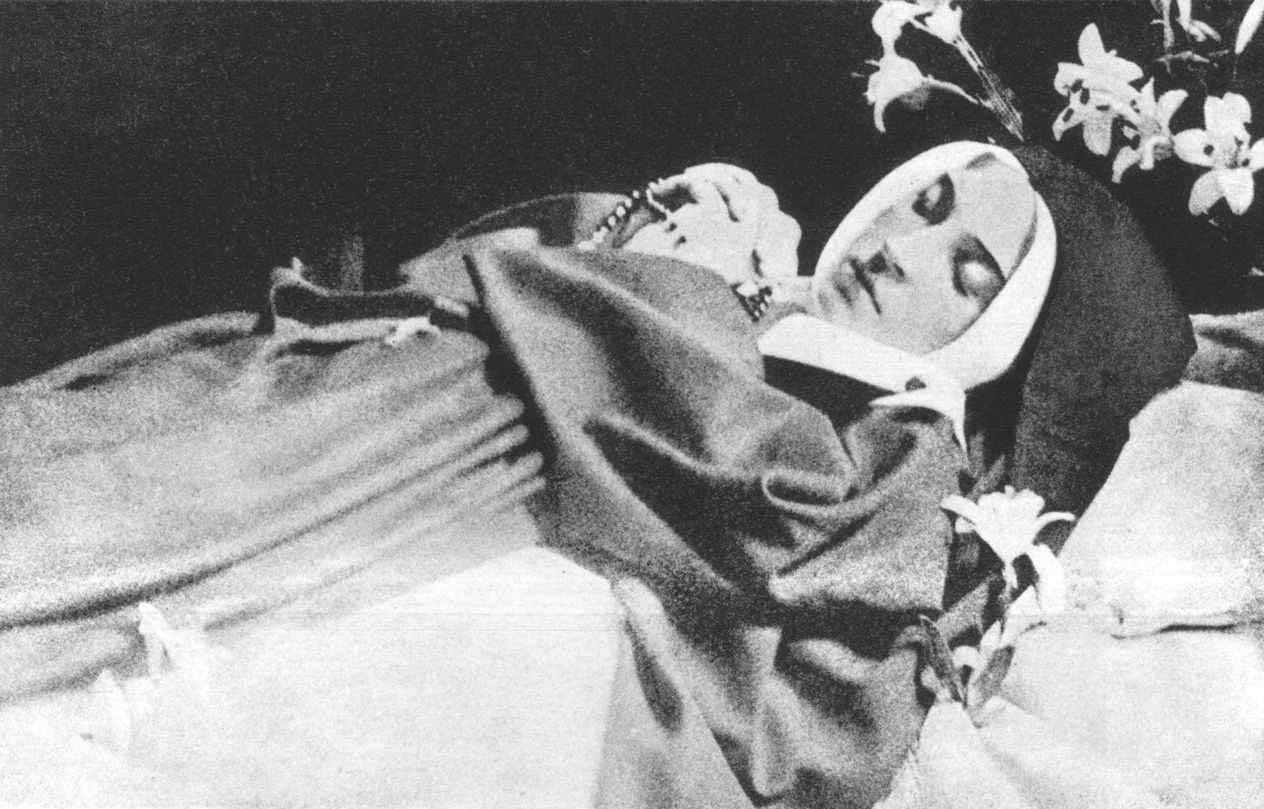We are all Religious
One way or another, we’re all religious people. God infuses us the instant we’re conceived with an innate wanting to draw closer to Him. We have a need to seek Him out. Unfortunately, the noise in our lives often drowns out or confuses this longing for an authentic relationship with God.
We can’t escape our need for God. Even agnostics, atheists, and “Nones” are going to find something greater than ourselves in their lives. Unfortunately, we tend to substitute the real God with pale imitations. We put our trust in people or world institutions that are deeply flawed or self-serving. Far too many people treat their political party as their church and politicians as their high priests. They stake their happiness and well-being in these institutions. They settle for a lesser life when they could have so much more.
I listen to a podcast called the ZDogg MD Show. He’s an interesting person who takes what he calls an alt-middle stance on things. He freely admits that his positions draw ire from all sides. By not preaching a “this side good, that side bad” dogma, many people think he’s either not supporting or outright attacking their beliefs. What’s refreshing about his show is that he acknowledges how damaging this “us vs. them” mentality is and how it leads to so much unhappiness.
The Religion of Covid
In one of his recent episodes, ZDogg talked about how those who claim to be secular have actually created their own religion out of Covid. Their language cast a rather religious tone. Those who are unvaccinated are deemed “unclean.” Or those who are against vaccine mandates are “heretics” that need to be “excommunicated” from society. Or those who are vaccinated or wear masks are “tainted” or “marked.” As much as people may claim they don’t adhere to a religion, many of them sure do talk with religious zeal.
It may be easy to dismiss these people with their faux religions. If some people want to elevate Dr. Faucci as their pope, why should that matter to me? The reason why it should be our concern is that we know they are substituting a real God for fake ones. They are living shallower, less meaningful lives as a result. And that should sadden us that so many of our brothers and sisters aren’t living an authentically joyful life. We are seeing people make bad decisions and engage in a self-destructive lifestyle. Shouldn’t we want the best for everyone?
Choosing the Best
Last Sunday’s Gospel was about the Miracle at Canna which we pray in the Second Luminous Mystery. I think about how the bridegroom’s family served the lesser wine after people had their fill of the good wine. And even the lesser wine ran out until Jesus performed a miracle creating even better wine.
I feel like our world right now is embracing the “lesser wine.” We are choosing cheap substitutes for happiness. We put our faith in corrupt or weak politicians. We find shallow joys in Netflix and NFL football. We find comfort by arguing with “the others” on Twitter. Many of us readily consume this lesser life because it’s easy and immediately gratifying. But it’s not the good stuff. It will run out leaving us ultimately unhappy.
At the wedding at Canna, the best wine came from Jesus. Similarly, he will provide the best life. He provides authentic joy and happiness. We’ll find a connection with a real God, one that is all-loving and cares about each and every one of us. But in order to get the best “wine” in our lives, we need to come to Jesus first and ask for his help. And he will freely give us help, especially if we go first through Our Mother, Mary, through the Rosary.
When you pray the Rosary and meditate on the Second Luminous Mystery, look where you are consuming the lesser “wine” in your life. Where are you putting your faith? Where are you finding joy? Are they the source of true joy and happiness? Challenge yourself to replace these lesser aspects of your life with the best ones that only come through the true God, our Heavenly Father.


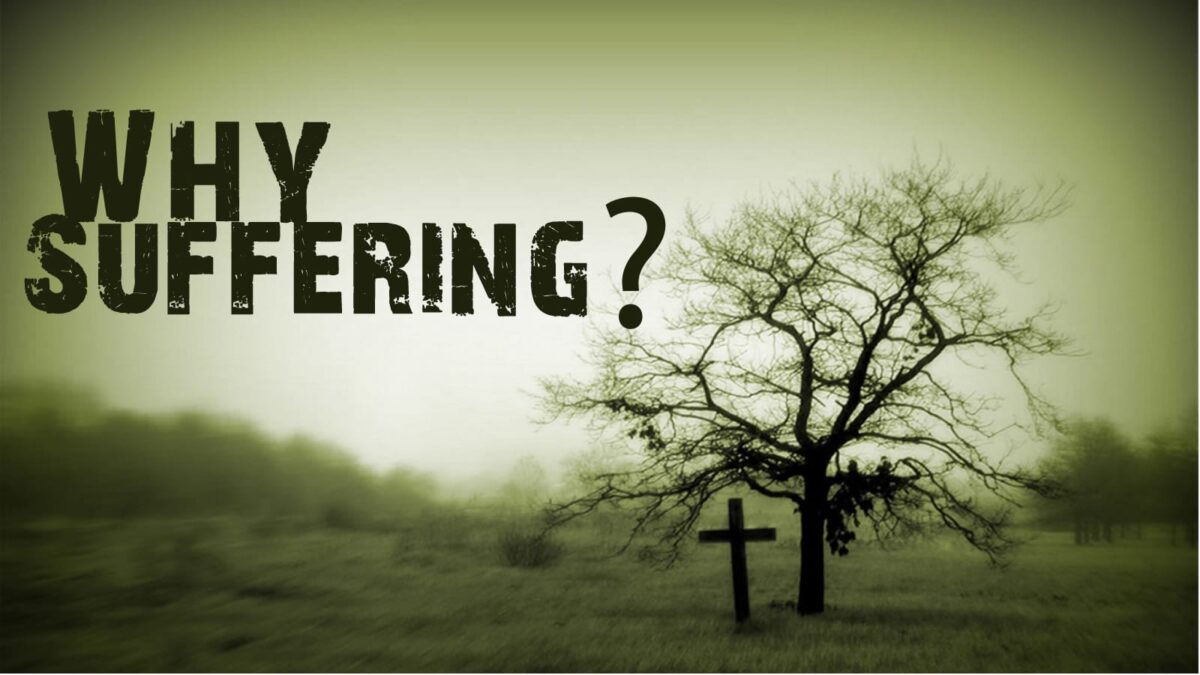

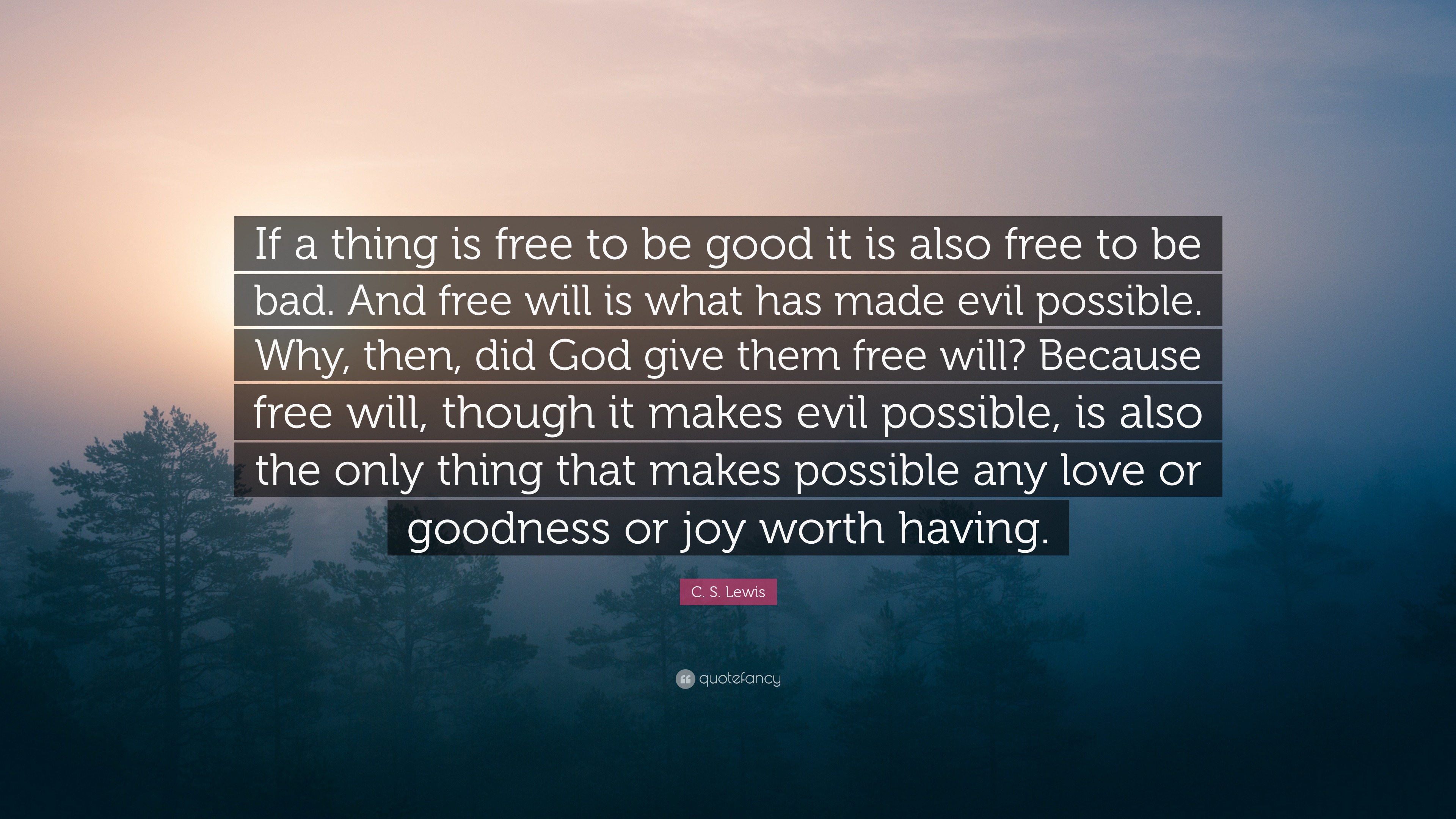

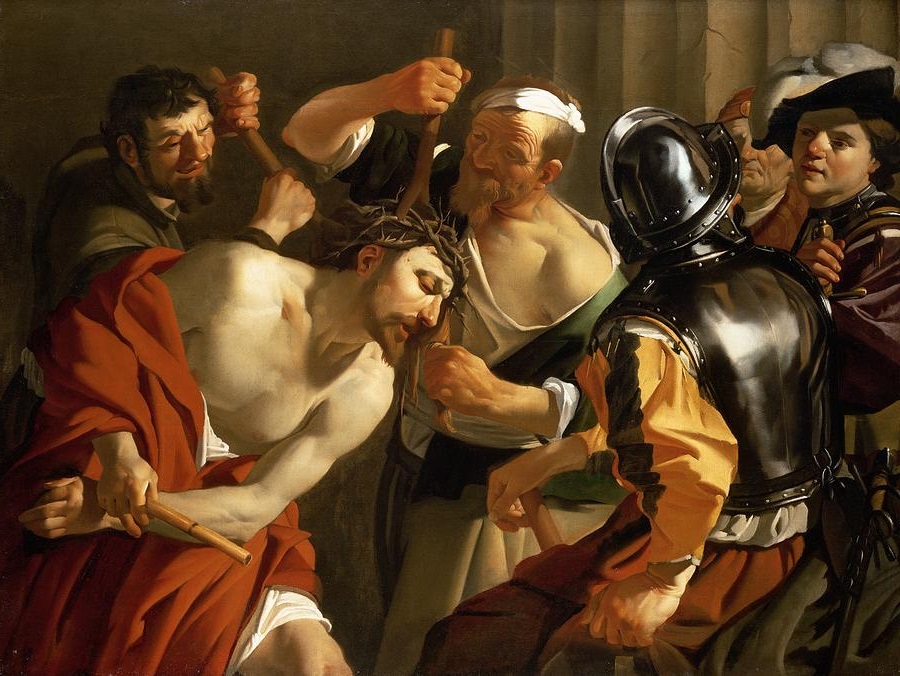

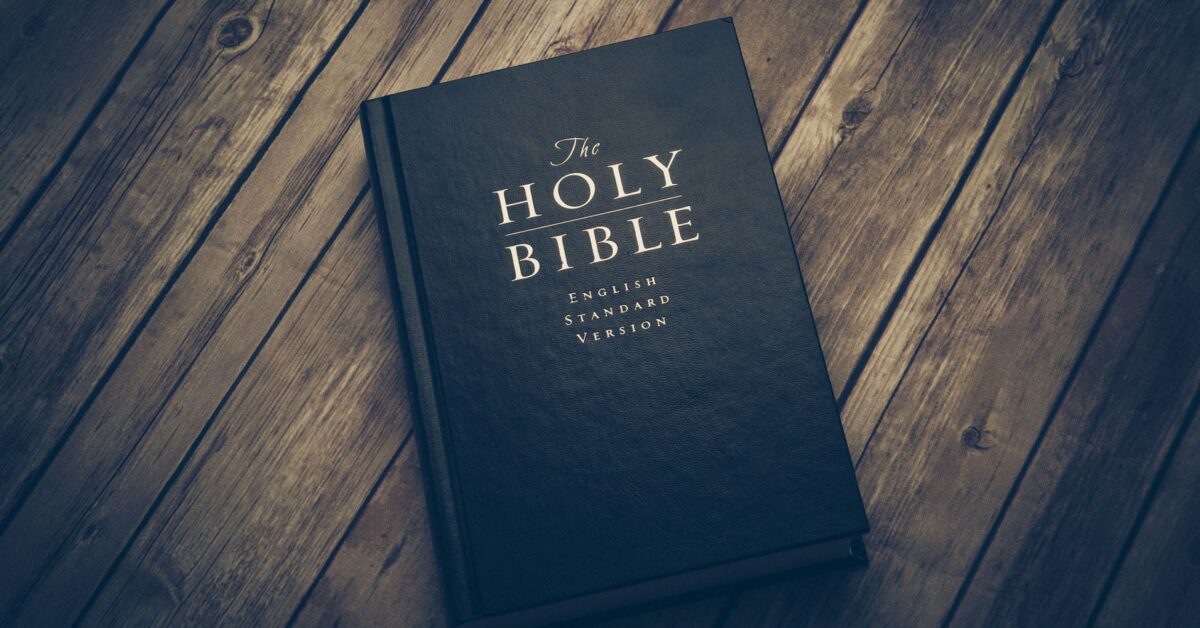


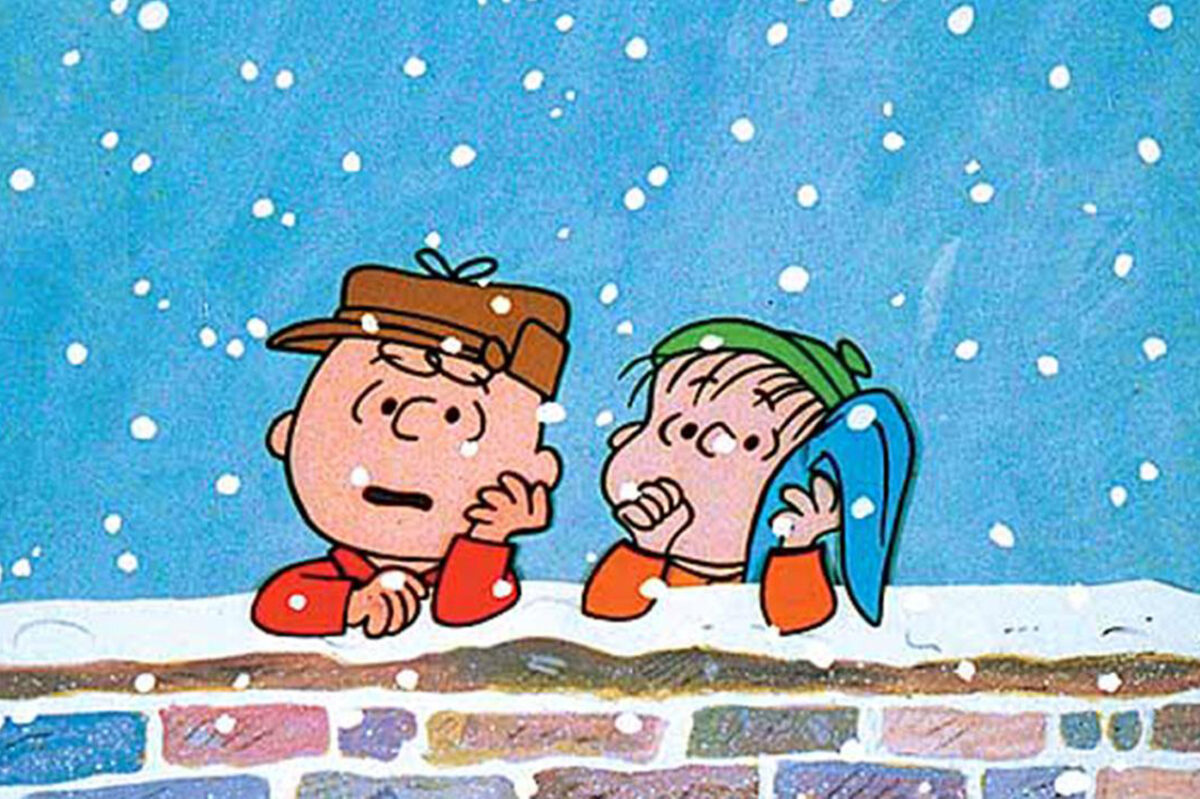

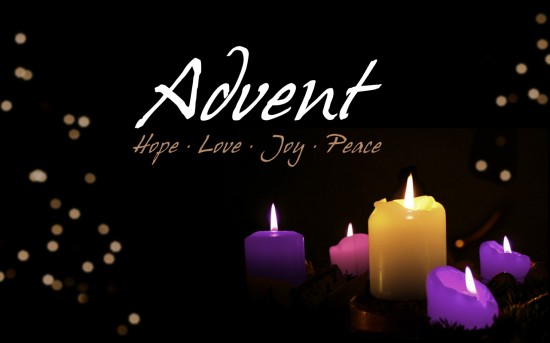

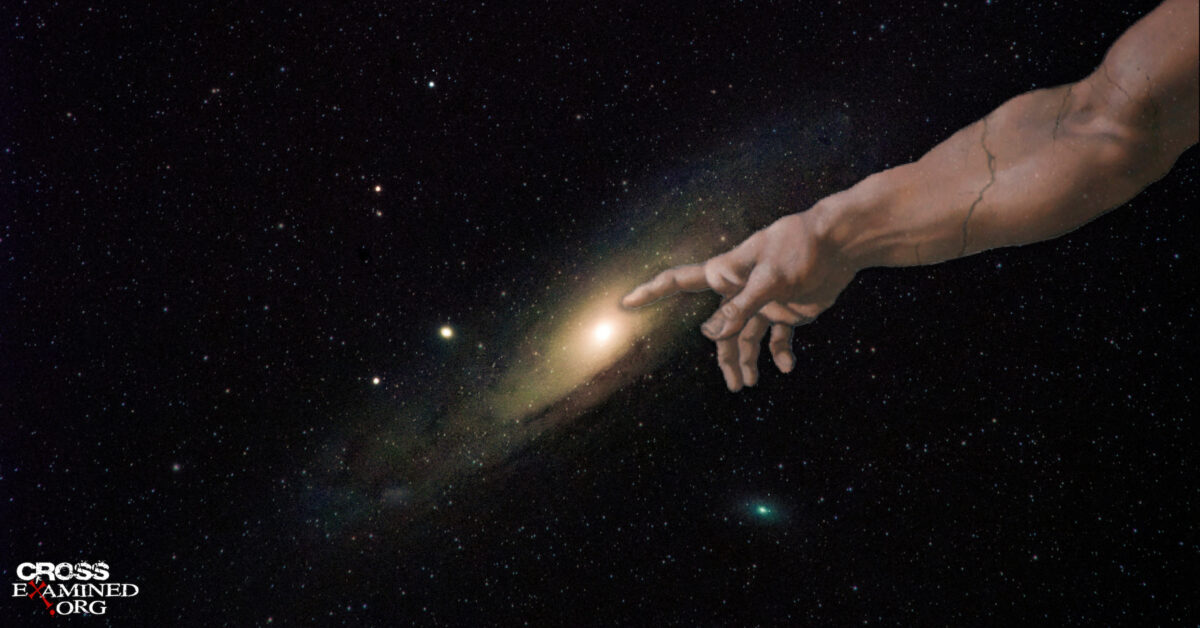
:max_bytes(150000):strip_icc()/JesusTransfiguration-84290079-5c05816346e0fb00012e61cc.jpg)
